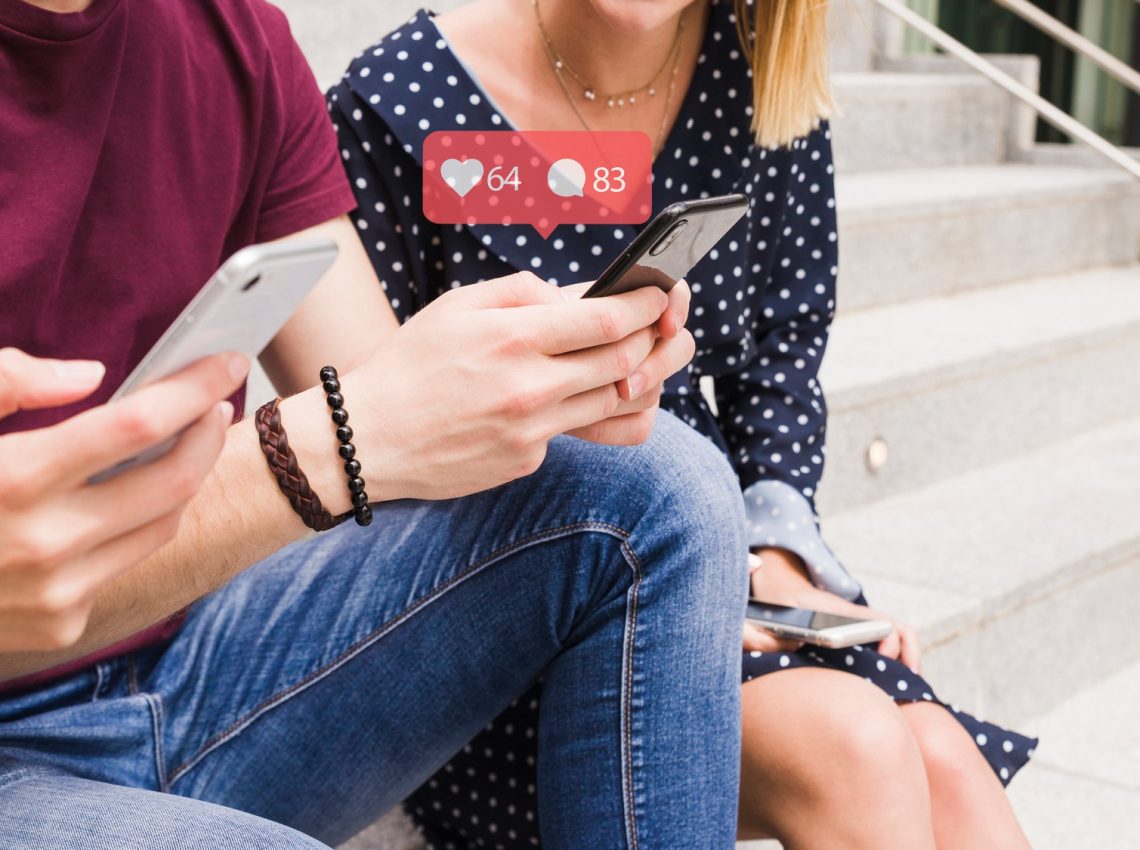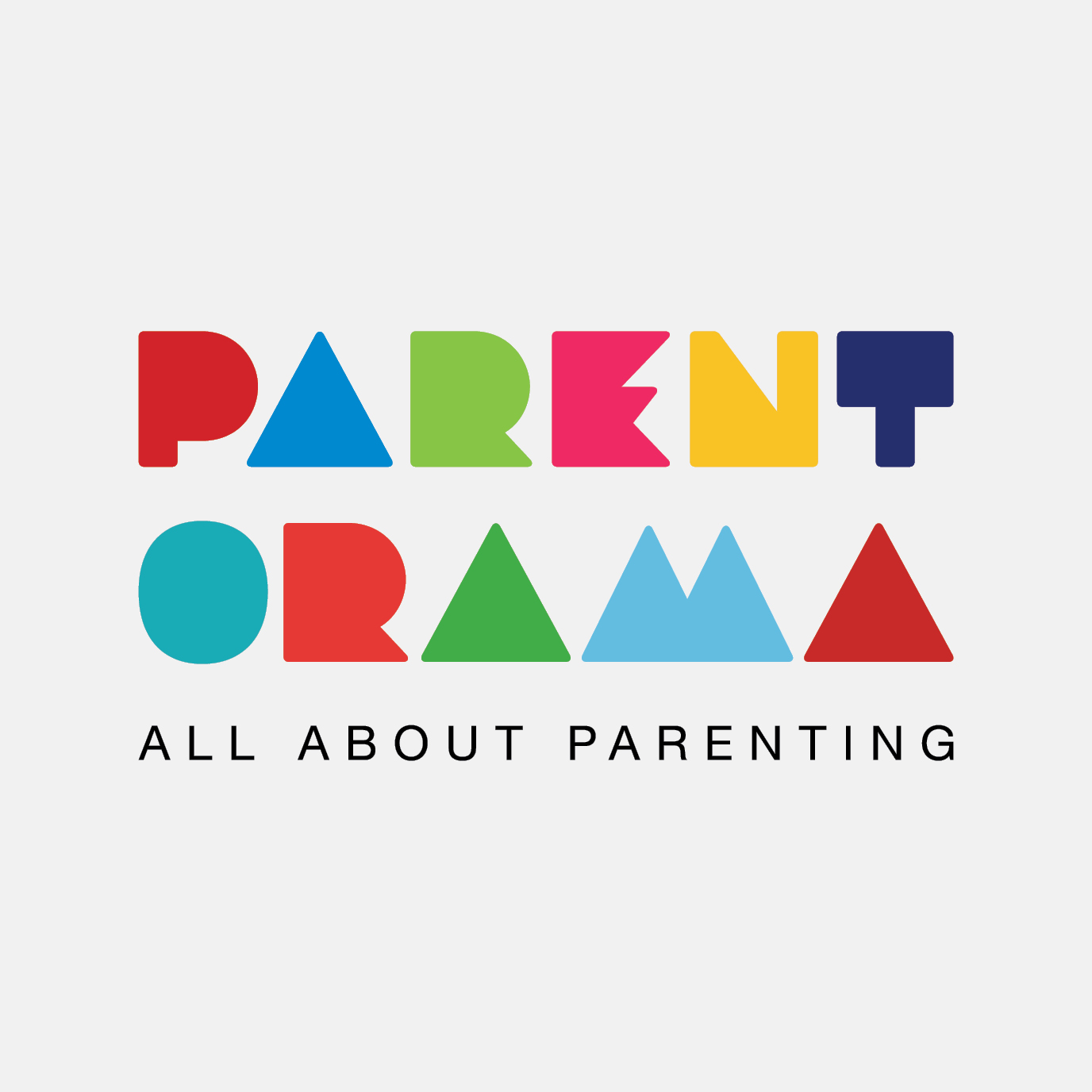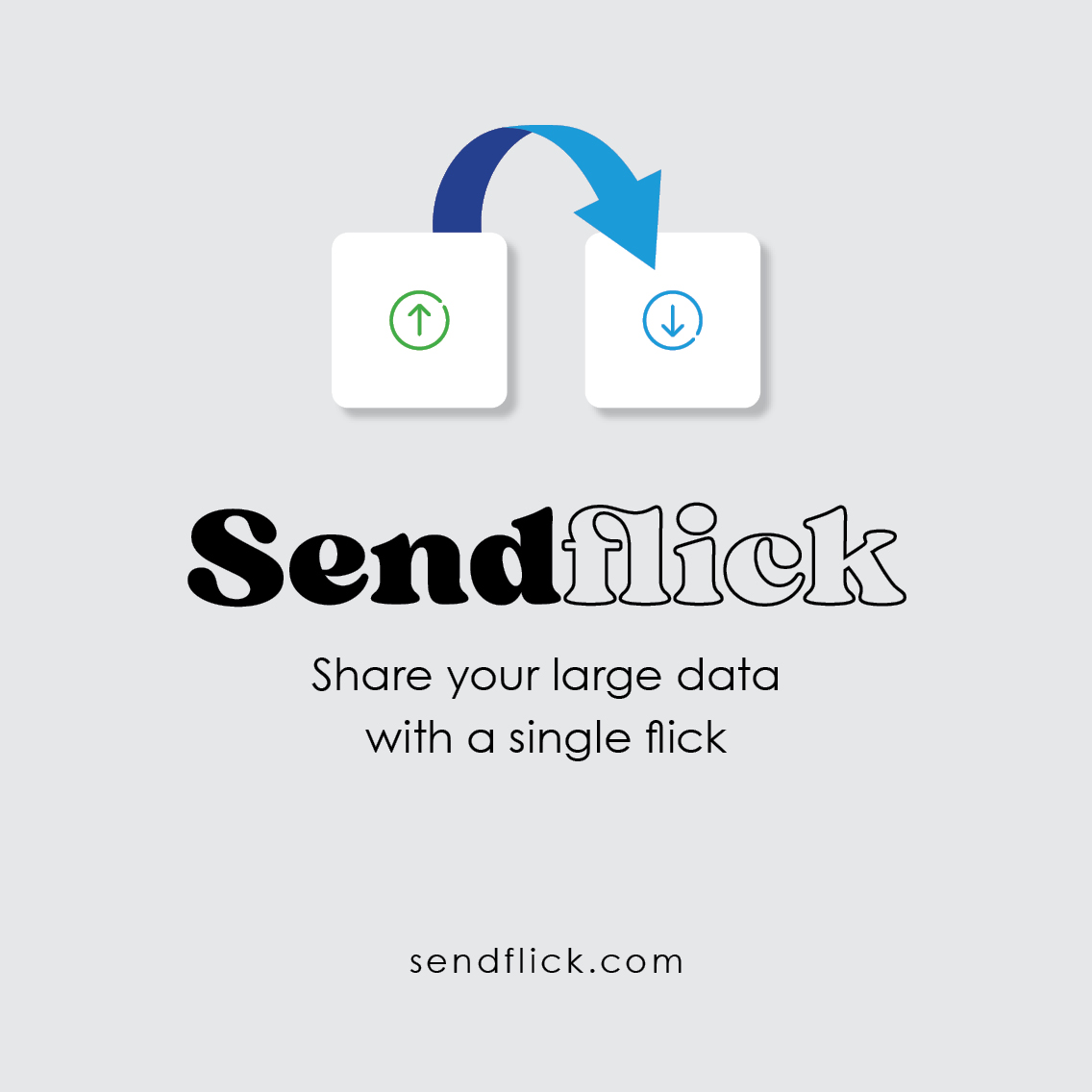The Ethical Dilemma of Using Dating Apps for Public Health Messaging

Dating apps are evolving beyond their traditional purpose of fostering romantic connections or casual encounters. They are increasingly being recognized as platforms for disseminating public health messages, especially concerning sexual health.
In 2023, Harvard Public Health magazine posited that dating apps could become pivotal in preventing sexually transmitted infections (STIs). This prediction appears to be accurate. For instance, Grindr, a popular app among men who have sex with men, has collaborated with MPOWER in Ireland and The Love Tank in London to facilitate the ordering of HIV test kits directly through the app. While these initiatives present promising opportunities for public health, they also bring ethical complexities. In collaboration with colleagues from the UK and US, we have explored these challenges and proposed solutions in a recent publication.
The COVID-19 pandemic further accelerated the use of dating apps, with platforms like Tinder, Match, and Grindr now boasting millions of users worldwide. According to a recent Pew survey, over half of Americans under 30 have used dating apps. Accessible via smartphones, these apps connect users based on shared interests, preferences, or proximity.
A systematic review has highlighted several public health benefits of dating apps, notably their ability to reach specific populations effectively. In the US, Building Healthy Online Communities exemplifies how partnerships with dating apps can promote sexual health. Similarly, during the recent monkeypox (mpox) outbreak, Grindr provided critical information about the virus and its vaccine to its user base.
Challenges: Profit, Privacy, and Prejudice
Despite their potential, dating apps face significant ethical and regulatory challenges. Most apps operate as profit-driven businesses with priorities that often conflict with the principles of medical and public health professions.
Privacy Risks
One major concern is the vast amount of personal data these apps collect. Cybersecurity experts have warned that dating apps are “security and privacy minefields.” Their primary goal is to monetize user data, a focus that has led to numerous instances of data misuse. For example, Grindr was fined for sharing sensitive user information, including HIV statuses, with third parties. Such breaches can lead to severe consequences, including exposing users in unsafe environments.
Discrimination and Harassment
Dating apps can also perpetuate societal prejudices. Research has shown that many users, particularly those from marginalized groups, face harassment, including racism and ableism, on these platforms. A 2019 study of rural sexual minority men in the US revealed experiences of “deception, bullying, discrimination, and harassment” during online dating.
While some apps, such as Grindr, have removed features enabling racial filtering, others continue to incorporate tools that allow, or even encourage, discriminatory behavior. These experiences erode trust in dating apps and discourage marginalized groups from using them, limiting their access to public health resources available through these platforms.
Opaque Policies
The lack of transparency in app policies compounds these issues. Apps like Grindr and Tinder reserve the right to terminate user accounts without explanation, which has sometimes led to public health organizations being blocked from using these platforms to share vital information.
Recommendations for Ethical Collaboration
To harness the potential of dating apps for public health, future partnerships must prioritize user benefits over corporate profits. This includes:
- Developing transparent data policies to safeguard user privacy.
- Committing to anti-discrimination and anti-harassment measures.
- Offering users access to health and wellbeing services beyond the apps themselves.
A Balanced Approach
Dating apps have immense potential to support public health initiatives, especially by reaching underserved populations. However, their integration into public health strategies must be carefully managed to ensure the protection of user privacy, safety, and inclusion. With thoughtful collaboration and ethical oversight, these platforms can become invaluable allies in improving global health outcomes.














